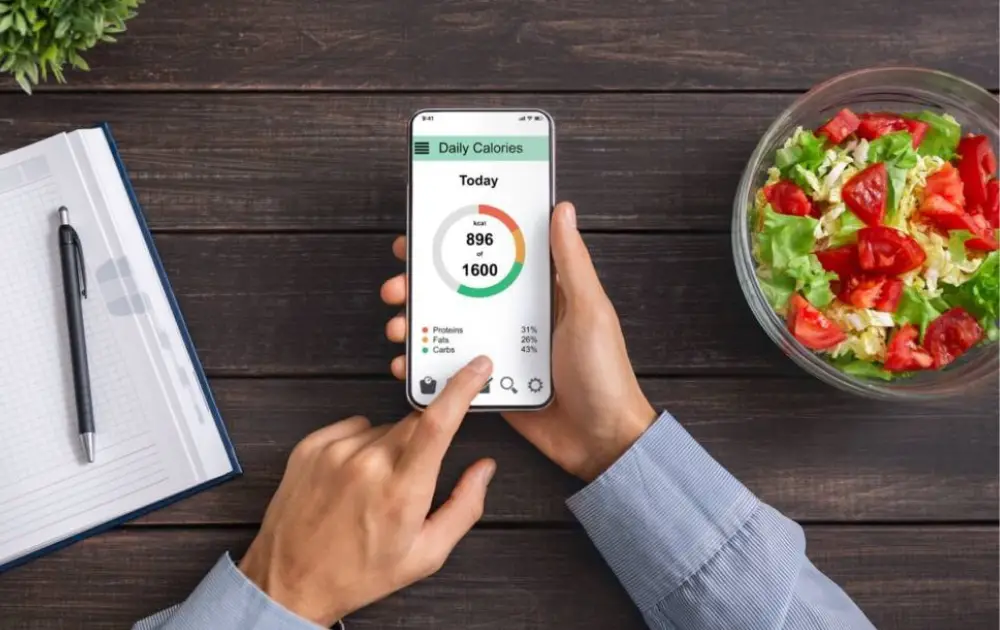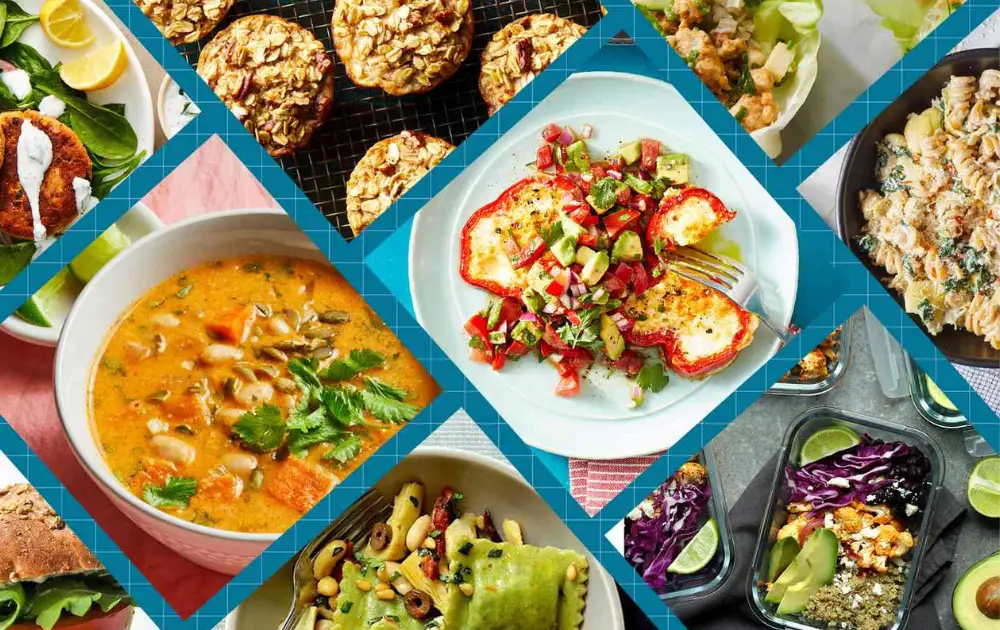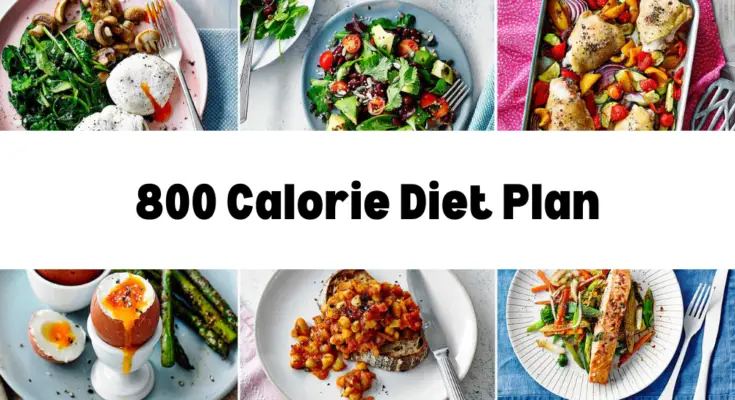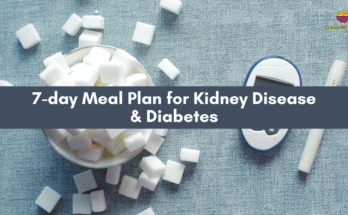To lose weight, one often needs to familiarize oneself with various diet plans, each promising remarkable results. The 800 calorie diet plan is one of the most popular diet plans today.
Suppose you’re considering taking on the 800 calorie diet plan to trim your calorie intake; remember that you’re not overlooking essential nutrients. Explore our menu plan below to glimpse what a day with 800 calories looks like.
NOTE: An 800-calorie diet is extremely low in calories and is only safe for short-term use under medical supervision. It does not provide adequate nutrients for most people and can lead to serious health problems like muscle loss, gallstones, fatigue, and nutrient deficiencies.
In this article, we will explore what a day with 800 calories looks like. Its benefits, potential risks, and offering practical tips to make it work.
800 Calorie Diet Plan

The 800-calorie diet is a low-calorie diet designed to control calories, promoting weight loss. It typically involves restricting daily calorie intake to 800 calories, significantly reducing the average daily intake recommended for adults. In this approach, body fat is burned for energy, resulting in weight loss.
The first fat to go when you cut calories from a low calorie diet (800 calories a day) is visceral fat, the unhealthiest fat around your gut. Because the diet is also moderately low in carbohydrates, which will add to the burning of fat, when on a low-calorie diet, many people worry they won’t get enough energy, but most of us have so much fat stored that we could go months without eating.
Because your body is adjusting to running on a different fuel and fat, during the first week of the diet, you may feel hungry and tired more than usual. It should take a few days for you to feel better, more energetic, and clearer thinking. Improving your insulin resistance can be as simple as waving goodbye to constant snacking, and you’ll be surprised at how quickly hunger disappears.
Usually, it is advised to keep snacking between meals. First, the more frequently we snack, the more we eat overall. Plus, if you’re constantly reaching for snacks, sugar circulating in your blood and regularly topping up your blood sugars is unhealthy.
Consistent blood sugar might sound harmless, but it’s a troublemaker. It can damage your arteries and nerves, not to mention that too much sugar floating around is downright toxic to your cells.
Imagine this: after enjoying a meal with sugar and carbs, your pancreas releases insulin to reduce those sugar levels. Unless you plan a quick jog to burn off that sugar, those extra calories might just set up camp as fat.
And here’s the connection to the 800-calorie diet plan – understanding how insulin and sugar play a role in your body’s energy dynamics can be a game-changer as you navigate this approach to healthier eating.
NOTE: It’s not appropriate for self-management of insulin resistance: Insulin resistance is a complex condition requiring personalized medical guidance. The 800 calorie plan can be dangerous for individuals with underlying health issues or nutritional deficiencies.
What to Eat on your 800 Calorie Diet Plan Journey

Starting your day with a nutritious and satisfying breakfast is essential, even on an 800-calorie diet plan. Here are three tasty and low-calorie breakfast options to recharge your morning. Remember to stay hydrated when following this plan. Take at least 8 cups daily or about 2 liters as a guide. Many people need more than 3 liters.
Aim for Time Restricted Eating. To get the most benefits, we also suggest 12-14 hours overnight of no food. What to drink through the day – water, herbal teas, black tea, and coffee with a minimum amount of milk. We also recommend taking a multivitamin to guarantee all the necessary nutrients and vitamins while following this plan.
DAY 1
| Breakfast (250 Calories |
|
| Lunch (300 Calories) |
|
| Snack (100 Calories) |
|
| Dinner (150 Calories) |
|
Day 2
| Breakfast (250 Calories |
|
| Lunch (300 Calories) |
|
| Snack (100 Calories) |
|
| Dinner (150 Calories) |
|
DAY 3
| Breakfast (250 Calories |
|
| Lunch (300 Calories) |
|
| Snack (100 Calories) |
|
| Dinner (150 Calories) |
|
Be mindful of portion sizes to avoid overeating. Using smaller plates and bowls can help create the illusion of a larger portion. While the 800-calorie diet can contribute to weight loss, combining it with regular physical activity enhances overall health and well-being.
REMEMBER! stay hydrated throughout the day by drinking plenty of water or herbal tea. This sample 800-calorie diet plan provides a mix of lean proteins, healthy fats, and fiber-rich foods to help keep you satisfied while promoting weight loss. Adjust the plan to suit your preferences and dietary requirements.
It is highly recommended to follow Christine Bailey’s 800 calorie diet plan which is delicious and nutritious along with healthy diet ideas.
Benefits of the 800-Calorie Diet.
Rapid Weight Loss: A main benefits of an 800-calorie diet is the rapid weight loss it allows to achieve. With a considerable calorie deficit, one’s body turns to its fat reserves, producing results quickly.
Improved Metabolic Health: Very low-calorie diets may help lower insulin resistance, leading to better blood sugar control.
Psychological Boost: This quick, visible result can be a psychological trigger of motivation that would help an individual endeavor on the journey.
Structured Meal Planning: The 800-calorie diet is also based on a strict meal plan, which makes it easier for people to adhere to and control their caloric intake.
Potential Risks and Considerations
Although the 800-calorie diet has advantages, it is essential to be informed about possible risks and seek medical advice before following a strict eating regimen.
Nutrient Deficiency: Restricted calorie intake can result in nutritional deficiencies. It is necessary to ensure that the diet contains a wide range of nutrient-rich foods to satisfy all the body’s needs.
Loss of Muscle Mass: Weight loss can occur quickly, especially when a lack of protein intake accompanies it; this leads to the wasting away of muscle mass. This risk can be minimized by ensuring the diet is protein-rich.
Fatigue and Lethargy: Using very-low-calorie diets may cause fatigue and lethargy, affecting daily activities and overall health. Paying attention to your body and making the necessary changes is essential.
Not Sustainable Long-Term: The 800-calorie diet is meant to be used quickly. It is essential to transition from an unsustainable eating plan after the initial weight loss to avoid regaining all of it.
Conclusion
The 800 calorie diet plan may be an efficient instrument for people who want to lose weight quickly and have a straightforward program for their trip. Nevertheless, it should be done carefully because of the associated risks, and advice should be sought from healthcare professionals or registered dietitians. The advantages of rapid weight loss and better metabolic health should be weighed against the knowledge that this strategy is not a permanent solution.
Here is a carefully designed 800 calorie diet plan that gives an insight into how the day with restricted calories would look like, including nutrient rich foods and different meals. The pros include visible results and psychological benefits; however, knowing about possible dangers like nutrient deficiencies or loss of muscle mass is crucial.
Remember that weight loss is not all about the numbers on a scale. It requires a healthy diet, daily physical activity, and listening to your body’s signals. The 800 calorie diet plan should be viewed as a tactic that is to be used for the short term and then moved on from after initial weight loss goals have been met.
Your health and well-being are paramount. Personalized advice from healthcare professionals should always be sought to ensure that any diet plan, including the 800 calorie diet plan, fits your needs and helps you adopt a healthy lifestyle.
You may also like to read: 1000 Calorie Breakfast l Let’s Breakthrough Out of It
2100 Calorie Meal Plan l An Effective Guide





One Comment on “800 Calorie Diet Plan l Absolutely Best Guide”